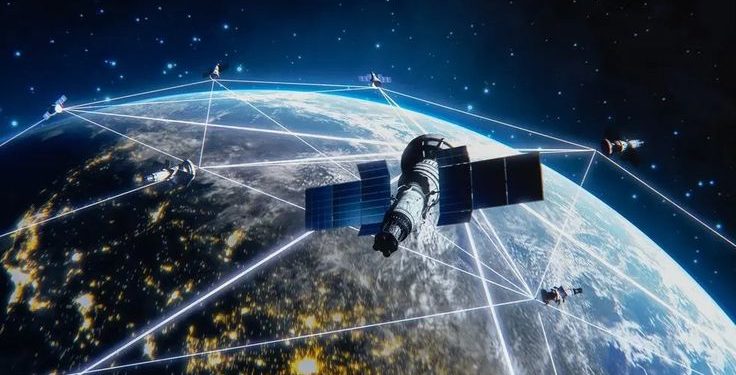Jakarta, Indonesia Sentinel — China has achieved a major breakthrough in satellite internet technology, successfully achieving a remarkable 100Gbps space to Earth transmission using laser communication. The test, conducted by Chang Guang Satellite Technology Co. via one of its Jilin-1 satellites, sets a new benchmark in satellite internet speeds, outpacing Elon Musk’s Starlink.
According to Wang Hanghang, head of the company’s laser communication ground station, this advancement puts China ahead of Starlink in satellite-to-ground laser communication.
“Musk’s Starlink has revealed its inter-satellite laser communication system, but it has yet to implement laser-based satellite-to-ground transmission,” Wang states as reported by the South China Morning Post.
Game-Changer in Satellite Internet
Unlike Starlink’s network, which relies on over 5,500 satellites, China new system achieved record speeds with just 80 satellites in low Earth orbit. The high-resolution laser transmission enables rapid data transfers, reportedly allowing users to download ten full-length HD movies in a single second.
By focusing on large-scale satellite-to-ground laser communication, China is taking a different approach from its competitors, potentially reshaping the global broadband industry. The company plans to expand this system across the entire Jilin-1 satellite constellation, with a goal of linking 300 satellites by 2027 to further boost efficiency.
Read Also:
Padang-Based SME Set to Export One Ton of Rendang Seasoning to Norway in February 2025
Wang added that this milestone lays the foundation for China’s broader satellite infrastructure, which includes navigation, 6G internet, and remote sensing applications. While building ground stations remains costly, laser satellite communication offers wide coverage and lower operational costs, making it a crucial component of next-generation 6G networks.
Intensifying Global Competition
China rapid progress could challenge the dominance of existing satellite internet providers. Meanwhile, competitors such as India’s Reliance Jio and Bharti Airtel are also preparing to launch their own satellite broadband services, adding further competition to the race for high-speed internet from space.
As the technology advances, the global battle for next-generation satellite communication is heating up, with the potential to revolutionize internet access worldwide.
(Raidi/Agung)

























